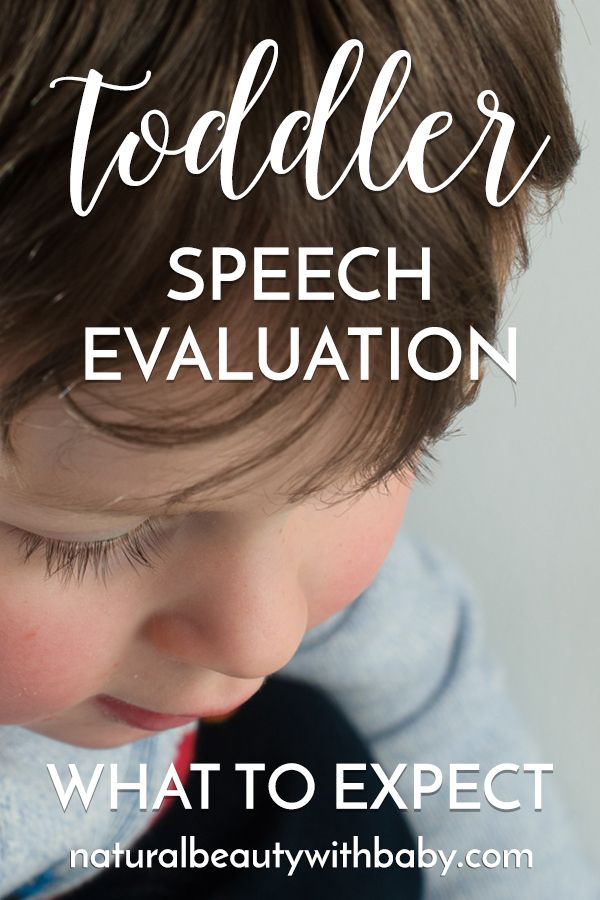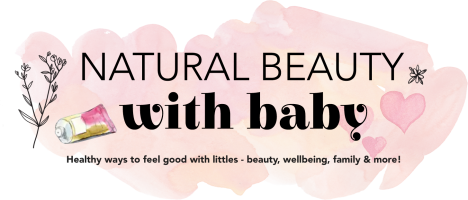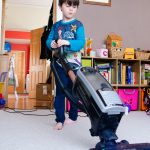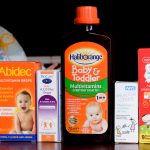Well, it’s been a while since I posted a parenting update. This is a long and somewhat cathartic post, but I hope if you have a toddler speech evaluation coming up, you’ll find it helpful.
We’ve been concerned over my 2 year old son’s speech since June last year. It began at Jonah’s routine 2-year check, when our health visitor flagged a possible speech delay.
After an 8 month wait, Jonah had his toddler speech evaluation. Read on to find out what happened at our appointment and learn more about the activities we were recommended to try with Jonah – they’re proving to be effective for us!
Throughout, we’ve sought ways to improve his speech at home. It’s a long wait for the assessment, and a long wait for the speech therapy sessions, and we want to take every step possible to help Jonah along. It all starts at home, and at Jonah’s age there’s no better or more accessible teacher than family. So at the end of this post you’ll find the practical resources we’re finding helpful.
Writing everything down is helping me learn how best to teach Jonah, along with expressing with my feelings surrounding the experience. If you’re going through this too, know you’re not alone. Speech delays are very common – 1 in 5 children will have a speech delay.
Importantly, if you think your child has a speech delay, see your health visitor or doctor and get a referral to a speech therapist.
Our journey to speech therapy
I honestly hadn’t noticed a problem with Jonah’s speech. I was certainly aware that Jonah wasn’t as vocal as his peers, but we put it down to his temperament, not any kind of problem. Toddlers all learn at different rates, but I couldn’t see through the vision of my perfect little boy who started so well with words.
Accepting there was a problem was hard. When our health visitor told me she was referring Jonah for speech evaluation, I felt so crushed. I felt like I’d let Jonah down massively and I felt very guilty. I questioned my abilities as a parent – I’d let him watch too much television, I hadn’t read enough with him, and not enrolling him at nursery was hindering his social communication. So many possible reasons for his speech delay flew through my mind.
We were advised the wait for speech evaluation would be a few months, so we prepared for a wait. As most parents do, we hit the internet for advice.
Waiting for our assessment was hard. I became aware of the differences between my child and my friends’ children. I was sad for the conversations we weren’t having. But I was thankful that we were on the path to help.

We came across Talking Point, which offers a really useful progress checker at half year intervals. The progress checker is essentially a questionnaire designed to help parents identify if their child is having difficulties or falling behind.
Crucially, the site offers help if you feel your child is struggling. It really helped us to see what is normal with its ages and stages section, and gave us ideas to help Jonah’s speech.
How long does it take to get a toddler speech evaluation?
It took us 8 months. We were referred by our health visitor in June 2018. By Christmas 2018 we’d received a letter inviting us to make an appointment for speech evaluation. In February 2019 we received an appointment date for March.
Eight months is a long time in toddler terms, so I’m really glad we helped Jonah at home in the meantime.
The speech evaluation appointment
We arrived at our speech evaluation appointment with a list of questions. Jonah had a couple of his favourite toys and books as talking points. Our therapist asked a lot of questions, for instance:
- What did we think was problematic about Jonah’s speech?
- How did it impact our family life?
- Did he hit other milestones okay?
- Was Jonah born at term, was he born healthy?
- Do other family members have speech problems or dyslexia?
- How is Jonah’s eating?
Our therapist took some time to observe Jonah talking while playing with his toys. She also engaged with Jonah by asking him questions while he played.
We had a chance to ask questions such as is screen time harmful (a little is okay), could it be tongue tie (no, shouldn’t impact his speech). It’s definitely worth drawing up a list of questions before your appointment.
We spoke about comparing my son to my friends’ children, because whenever my friends’ kids speak to me I’m shocked how far behind Jonah seems to be. Our speech therapist explained the large variation in speech skills at this age, which made sense and helped me feel better.
The diagnosis
Our therapist confirmed that Jonah is a little bit behind the level she’d expect from a child his age. Jonah isn’t stringing together two words often enough. He’s still only using 1 word to describe his world.
She told us not to worry about his mispronunciation – this is normal.
She assured us that Jonah would catch up. Hearing this was a huge relief.
It was nice to be reminded that although toddlers learn language from their parents, we shouldn’t blame ourselves for his speech problem. Nobody knows why some toddlers learn more slowly than others. Under 5’s just learn at different rates.
Our speech therapist explained a rule:
- 2 word sentences by 2 years old
- 3 word sentences by 3 years old
This put my mind at ease. Realising this simple rule made me feel confident that expanding Jonah’s sentences by 1 word was enough to build on. It felt less overwhelming and gave me something to focus on rather than comparing him to other kids and feeling like he has a long way to go.
Our therapist then demonstrated how to support Jonah’s learning through play. That was the fun part! Here is what we took away.
Support and encourage communication
Here are the tips we’ve been given by our speech therapist. We were already using the first tip, but we’ve found the others so helpful too, all using simple language:
- Repeat and add a bit, turning Jonah’s 1 word utterances into 2 or 3 words e.g. he says “train”, we say “fast train!”
- Take turns in simple games
- Offer your child some choices e.g. “red car, or blue car?”
- Gently tempt your child to talk by withholding objects and help. I’ve found this so helpful because we have a tendency to pre-empt everything Jonah needs or wants!
We also set time aside each day for the following:
- Reading
- Giving Jonah all our attention while he plays
- Self and parallel talk
Bonus tip: hold toys at eye height so your toddler can see your mouth.
At the end of our toddler speech evaluation, we were advised that Jonah needs 3 speech improvement sessions with a therapist to take place at our home.
When will my toddler get therapy sessions?
The wait for us will be 6 months.
Online resources
Here are the resources we’re using to help Jonah.
- Talk Together from I CAN ~ useful booklet gives ideas for helping babies and young children learn skills for talking.
- Late talker resources from Speech and Language Kids.
- Information on age appropriate speech and language skills from Speech and Language Kids.
- How to help a late talker from Speech and Language Kids.
- 7 easy things to help a late talker from Speech and Language Kids.
- 10 speech therapy ideas to do at home from Your Modern Family.
- Can I do speech therapy at home? from Home School Hideout.
Books for parents
- My Toddler Talks: Strategies and Activities to Promote Your Child’s Language Development.
- Talking with Your Toddler: 75 Fun Activities and Interactive Games that Teach Your Child to Talk.
Final thoughts on our toddler speech evaluation
Thanks so much for making it to the end of my post! It feels like a huge brain dump that’s helped me to help Jonah by documenting our journey together.
Slowly but surely, Jonah’s speech and language skills are improving. We’re feeling positive that by the time Jonah has his first speech therapy session, he’ll be improved. I’m learning so much from him along the way!
I’ll share our progress on my blog, so feel free to subscribe to hear about it.
I’d be so happy to hear your experiences on this topic, so talk to me in the comments section below.
Until next time!








12 Comments
I can imagine it must be stressful to have all this waiting time before next appointments! It’s good you are doing everything you can to stimulate his speech developement but I think it’s also good to keep in mind every child develops at his own pace, as you I am sure you know. <3 Wishing you well during this proces!
Thank you so much, we are through the difficult times now and Jonah’s speech has come so far! Love to your family 🙂 xx
This is excellent advice. I was a teacher and Speech and Language Implementor for several years and it’s wonderful to read about how much you care for your child and his development. All four of our children developed in different ways at different times and they’re all doing beautifully now.
When our youngest daughter was little she went through a period of months when she tried to communicate by clicking her tongue instead of developing language. The funny thing was that we all knew what she wanted by the combination of the clicks and her body language….but, we learned to encourage her language by saying things like, “I’ll give you your cup when you say cup” Then when she made any attempt to vocalize a sound or word (other than clicking with her tongue) we’d give her what she requested. She was very frustrated for a while but in the long run it was for the best. She started talking soon after and her level of frustration went way down.
It was always exciting for me to observe our kids learning new skills along the way with some fun little quirks thrown in for good measure. 🙂 Enjoy the journey!
Thank you so much. I’ve never heard of children clicking before, but I can completely understand why they would do that. My son’s speech has improved massively since I wrote this post. I’m so glad things worked out with your daughter!
This is a very informative post on toddler speech evals. My daughter had one when she was a toddler and it was very useful!
Yes, and although it was a shock to learn he needed this, it worked out so well in the long term since we spotted the potential ASD that we’re observing now and Jonah is under the care of a paediatrician.
This is an amazing resource for parents going through this exact same thing! My oldest (now 6 soon to be 7) was evaluated at around 29 months old because we knew something wasn’t right, even though he does have an older sister who loves to speak for him. He indeed have a speech delay and is now caught up with his peers 🙌🏼 We were ecstatic to hear this news a few short months ago. Early intervention is key!
Thanks so much for sharing your son’s story! I can’t believe how common a speech delay is and it usually seems to work out okay with therapy and time. I’m glad we caught it early. Thanks again!
My daughter was also diagnosed with speech delay and is currently having communication laboratory at her play and learn development center.
Oh I hope it went okay!
It’s so important to trust your gut and follow up with the speech therapist! Early intervention is definitely key!
You are so right, I’m really glad we were referred for help early on.